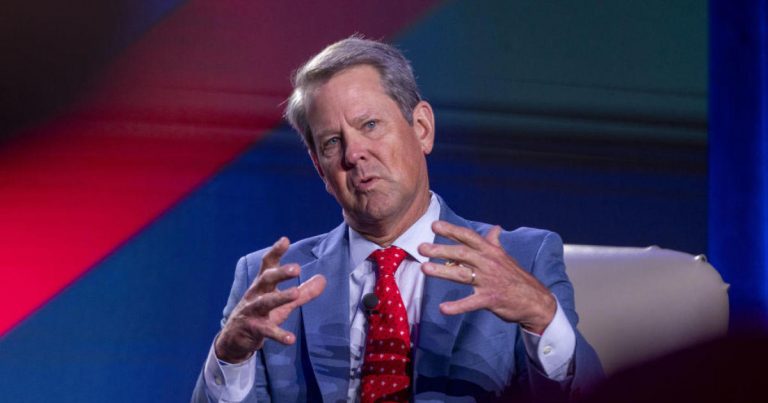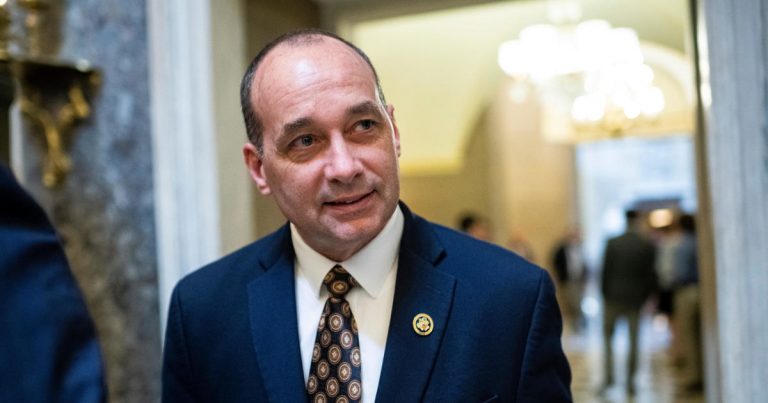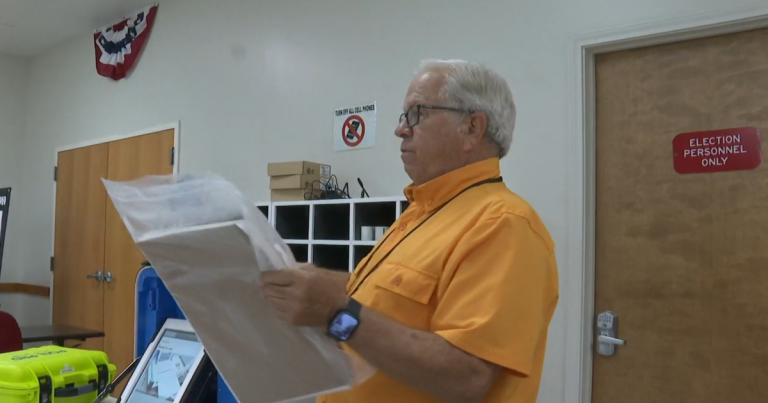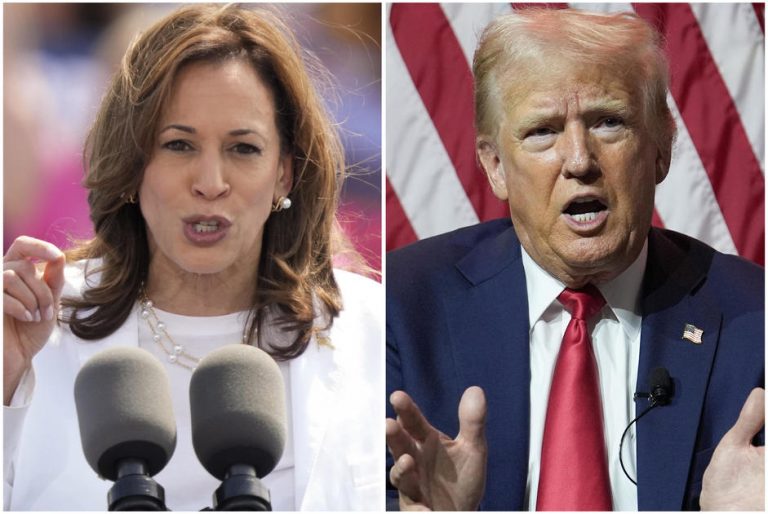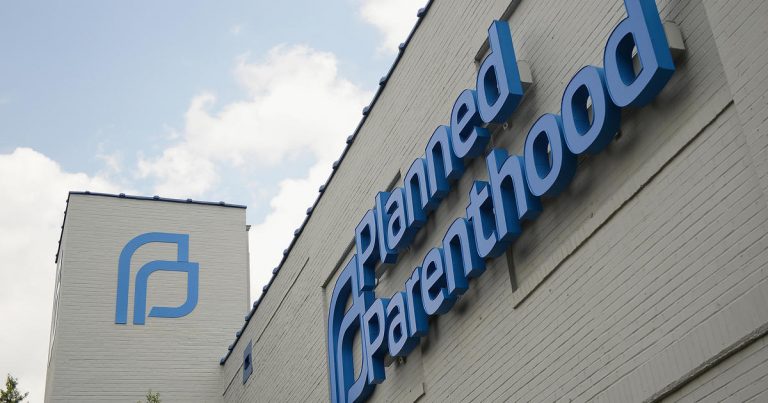Democrats in Congress working to stop another riot and protect Electoral College certification.
As Democratic staffers contemplate potential nightmare scenarios in a nondescript office above a Longworth U.S. House Office Building Dunkin’, they aren’t focused on the events of Jan. 6, 2021. Instead, they are strategizing against potential threats to the Electoral College certification on Jan. 6, 2025.
With memories of the chaos and violence that unfolded in Washington two years ago still fresh, Democrats on the House Committee on Administration are working diligently to ensure security measures are tight. They are also actively working to debunk emerging conspiracy theories regarding undocumented migrants voting in federal elections.
One particular vulnerability that has caught their attention is the scenario where the U.S. House fails to select a speaker by Jan. 6, 2025. While this was not an issue in 2021, it did occur just two years ago during an internal Republican power struggle after the midterm elections. The resulting standoff paralyzed House operations for days, leading to concerns about potential uncertainty and risks in certifying the winner of the presidential race in 2025.
As the new Congress is set to be seated on Jan. 3, 2025, just days before the crucial Jan. 6 date, Rep. Joe Morelle, a New York Democrat and ranking member on the House Administration Committee, emphasized the importance of being prepared for any attempts to overturn election results. The committee has been researching historical precedents and conducting tabletop exercises to anticipate possible challenges.
Experts in constitutional law note that the Constitution does not provide specific guidance for such political standoffs, as it was assumed that Congress would function smoothly and elect its officers. However, in the current political landscape, where normalcy can no longer be taken for granted, the lack of clarity on what happens if Congress fails to organize presents a significant challenge.
While some argue that the absence of a House speaker should not disrupt the Jan. 6 electoral certification process, others stress the importance of upholding the constitutional mandate regardless of internal House procedures. The 12th Amendment mandates that Congress certifies the vote, raising questions about the necessity of a House speaker or formal House rules in fulfilling this responsibility.
To address uncertainties surrounding the Jan. 6 electoral certification process, Congress passed a law in 2022 to establish stricter standards and codify certain rules. The law clarifies that the vice president’s role in counting electoral votes is ministerial and increases the threshold for objections to state electors on Jan. 6. Sen. Amy Klobuchar, who helped draft the law, emphasized its importance in preventing potential insurrection and ensuring the accurate reflection of election results.
Despite reassurances from supporters of the law that the House speaker’s role in certifying the presidential election is minimal, some Democrats remain concerned about potential vulnerabilities. The narrow majority in the House following the 2024 elections increases the risk of a prolonged House speaker leadership battle, echoing the dynamics that stalled House action in 2023.
Rep. Jamie Raskin emphasized the need for caution and preparation in the face of uncertainties, underscoring the ongoing meetings and research in the House Administration Committee’s offices. The goal is to address past challenges and anticipate any potential obstacles that may arise on Jan. 6, 2025.




